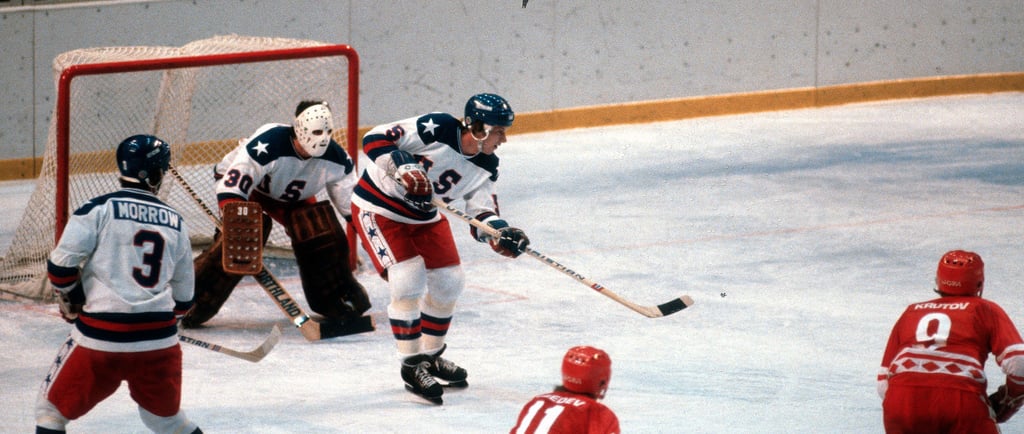How were selected Magic Team players that won the Olympics gold against all odds.
Dr, Jean-Francois Orsini
3/28/20232 min read


In the 1980’s the US hockey team played in the finals against the Soviet team at the Olympics. At the time the Olympics organization still pretended to be played by amateurs, non-professionals. Soviet athletes were supposed to be real amateurs volunteer players within the Red Army. In reality, they were genuine athletes paid by the state to uniquely train and play hockey games. They were the best hockey players of Russia and had won the Olympics gold four times.
The US team was composed of college kids whose ages averaged 21 years old. Little was expected from this US team. Who made it possible was Herb Brooks who made the selection of the players before coaching them. He had asked and obtained full control of the team, including the recruitment phase.
Coach Brooks had a master in psychology. He administered a 300 questions psychology test. The candidate who refused to take the tests was eliminated automatically. Brooks wanted to know how each player would react under stress. Also, he sought players who could easily be coached, were willing to learn a new style of play, and were open-minded. “the self-centered people, people who do not want to expand their thoughts, they are not going to be real good athletes”.
The college kids won. A movie was made about all this, The Miracle.
An important lesson is that the players were first screened with a psychology test. On the basis of the results (including the willingness to take a very long test). they were screened out first for their attitudes. For this coach, attitude was a deal breaker; then, and only then, skills and training achievements could be applied for further selections. This seems to be the opposite of most of today's processes. Shouldn't employers and recruiting agencies also think in terms of teamwork competencies first... and then Talent? Wouldn't it save time and money and provide up front unbiased data?
The Alexander the Great Personality Test (goAlexTest.com) tests, among other good habits, for docility (willingness to have an open mind and accept new directions), affability (ease in functioning in groups), perseverance (keeping going even under stress and not immediate results), magnanimity (includes the opposite of self-centeredness), and 19 other good habits.
